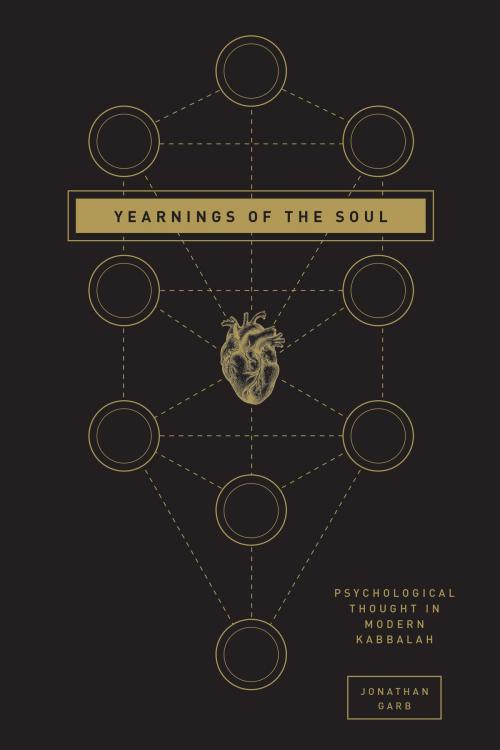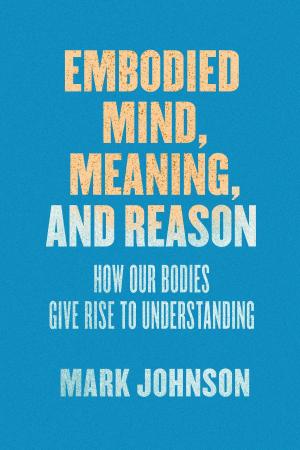Yearnings of the Soul
Psychological Thought in Modern Kabbalah
Nonfiction, Religion & Spirituality, Inspiration & Meditation, Mysticism, Judaism| Author: | Jonathan Garb | ISBN: | 9780226295947 |
| Publisher: | University of Chicago Press | Publication: | November 23, 2015 |
| Imprint: | University of Chicago Press | Language: | English |
| Author: | Jonathan Garb |
| ISBN: | 9780226295947 |
| Publisher: | University of Chicago Press |
| Publication: | November 23, 2015 |
| Imprint: | University of Chicago Press |
| Language: | English |
In Yearnings of the Soul, Jonathan Garb uncovers a crucial thread in the story of modern Kabbalah and modern mysticism more generally: psychology. Returning psychology to its roots as an attempt to understand the soul, he traces the manifold interactions between psychology and spirituality that have arisen over five centuries of Kabbalistic writing, from sixteenth-century Galilee to twenty-first-century New York. In doing so, he shows just how rich Kabbalah’s psychological tradition is and how much it can offer to the corpus of modern psychological knowledge.
Garb follows the gradual disappearance of the soul from modern philosophy while drawing attention to its continued persistence as a topic in literature and popular culture. He pays close attention to James Hillman’s “archetypal psychology,” using it to engage critically with the psychoanalytic tradition and reflect anew on the cultural and political implications of the return of the soul to contemporary psychology. Comparing Kabbalistic thought to adjacent developments in Catholic, Protestant, and other popular expressions of mysticism, Garb ultimately offers a thought-provoking argument for the continued relevance of religion to the study of psychology.
In Yearnings of the Soul, Jonathan Garb uncovers a crucial thread in the story of modern Kabbalah and modern mysticism more generally: psychology. Returning psychology to its roots as an attempt to understand the soul, he traces the manifold interactions between psychology and spirituality that have arisen over five centuries of Kabbalistic writing, from sixteenth-century Galilee to twenty-first-century New York. In doing so, he shows just how rich Kabbalah’s psychological tradition is and how much it can offer to the corpus of modern psychological knowledge.
Garb follows the gradual disappearance of the soul from modern philosophy while drawing attention to its continued persistence as a topic in literature and popular culture. He pays close attention to James Hillman’s “archetypal psychology,” using it to engage critically with the psychoanalytic tradition and reflect anew on the cultural and political implications of the return of the soul to contemporary psychology. Comparing Kabbalistic thought to adjacent developments in Catholic, Protestant, and other popular expressions of mysticism, Garb ultimately offers a thought-provoking argument for the continued relevance of religion to the study of psychology.















